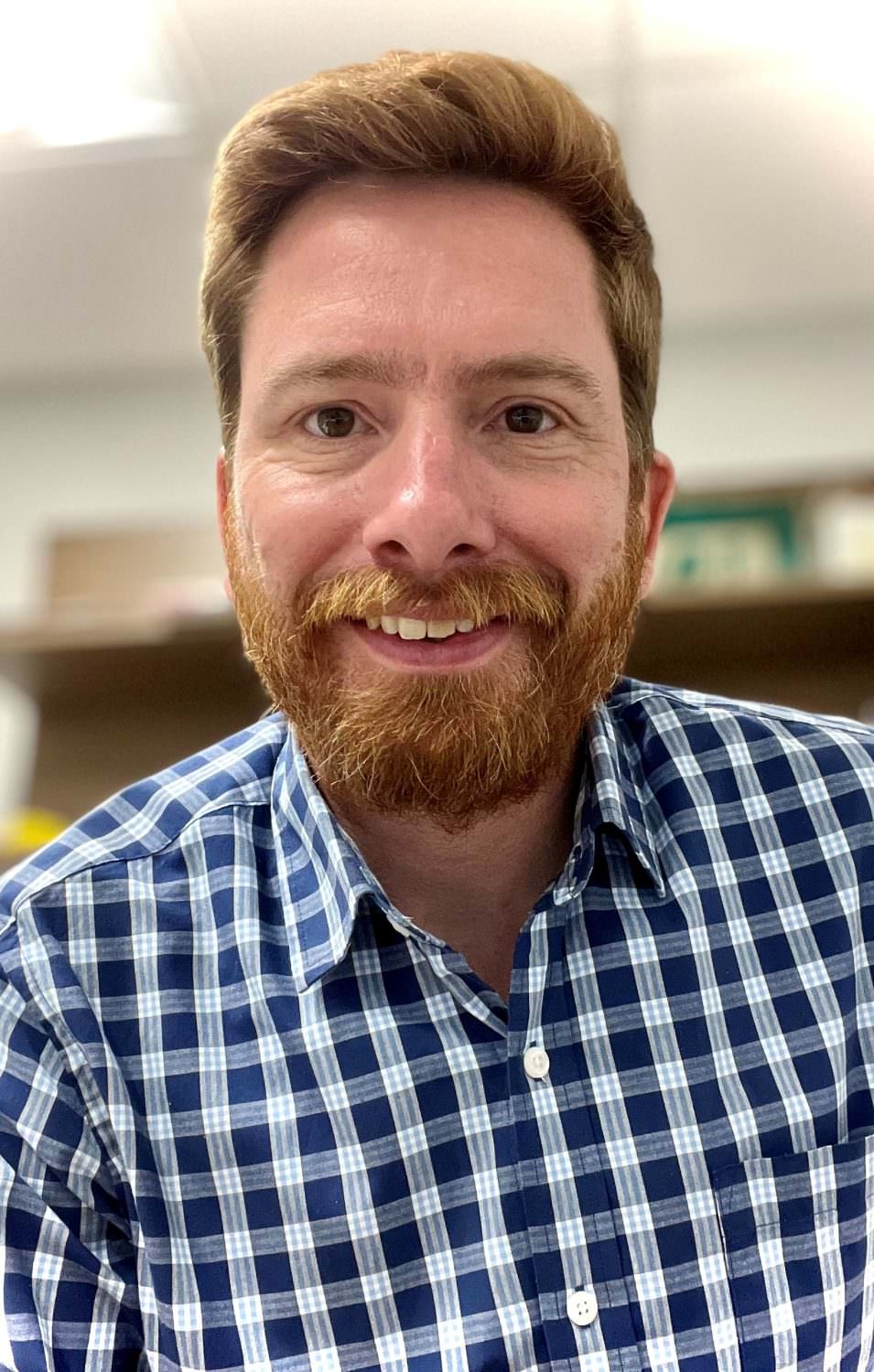Michael Knoll (he/him) is Vice President of Strategic Initiatives and Senior Curator at HistoryMiami Museum, where he has served in an executive leadership position for more than a decade. He was previously the institution’s Director of Curatorial Affairs and Chief Curator (2014-2022), overseeing the museum’s Archives and Research Center, object collection, exhibitions, and folklife division, and co-founding its Center for Photography. As Folklife Curator (2008-2014), Michael directed original fieldwork projects, including internationally; established the institution’s first dedicated Folklife Gallery; curated popular temporary exhibitions; and reinvented the organization’s menu of cultural programs.
He has also worked for the Wisconsin Arts Board, the Smithsonian Institution Center for Folklife and Cultural Heritage, and the Jewish Museum of Florida, and is a former President of the Florida Folklore Society and Board Member and Development Committee Chair of Local Learning. Michael has twice served as the Convener of the AFS Folklore and Museums Section and was a Co-chair of the Local Arrangements Committee for the AFS conference in Miami. He studied Folklore at UW-Madison and UNC-Chapel Hill.
Statement of Candidacy:
Our field faces a variety of long-standing, recent, and potential challenges, many of which I believe AFS can help address, building on existing strengths and lessons learned over the society’s history. Grappling with these challenges, including the precarity of academic and public-sector programs, the recruitment of the next generation of folklorists, and others, requires AFS to develop clear strategic priorities and organizational agility. This process should include critical analysis of the field’s needs and desired outcomes, creativity in identifying and implementing effective tactics, and an honest accounting of institutional staff capacity and financial resources.
Of special consideration is the need to raise greater awareness of the field’s value, both within and beyond our normal arenas of practice. Determining foundational understandings of our impact, including historical and contemporary successes, and our potential contributions is crucial to this endeavor. This work could involve targeted cross-sector partnerships, media outreach, international exchange projects, and other collaborative activities, along with equipping our field with the arguments and training to build allies in politicians, funders, academic administrators, and others. Strategic partnerships, of course, can also expand much needed capacity and resources for the society.
It is my hope to contribute to the above and other vital AFS work, assisting in generating increased clarity of purpose, aligned with operational realities, and encouraging proactive efforts to improve the field’s visibility and sustainability into the future.
